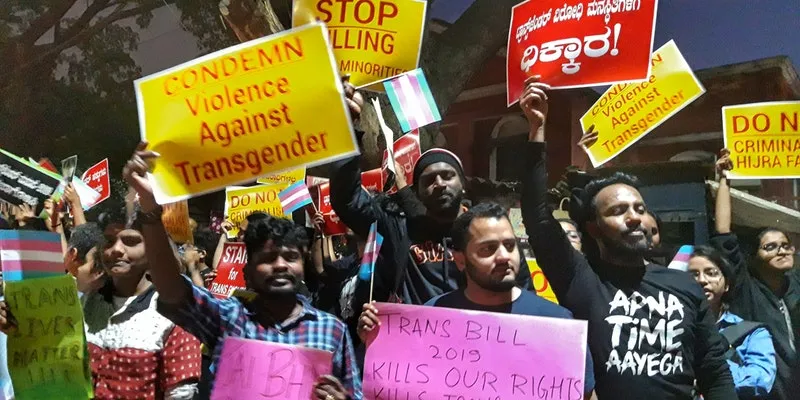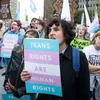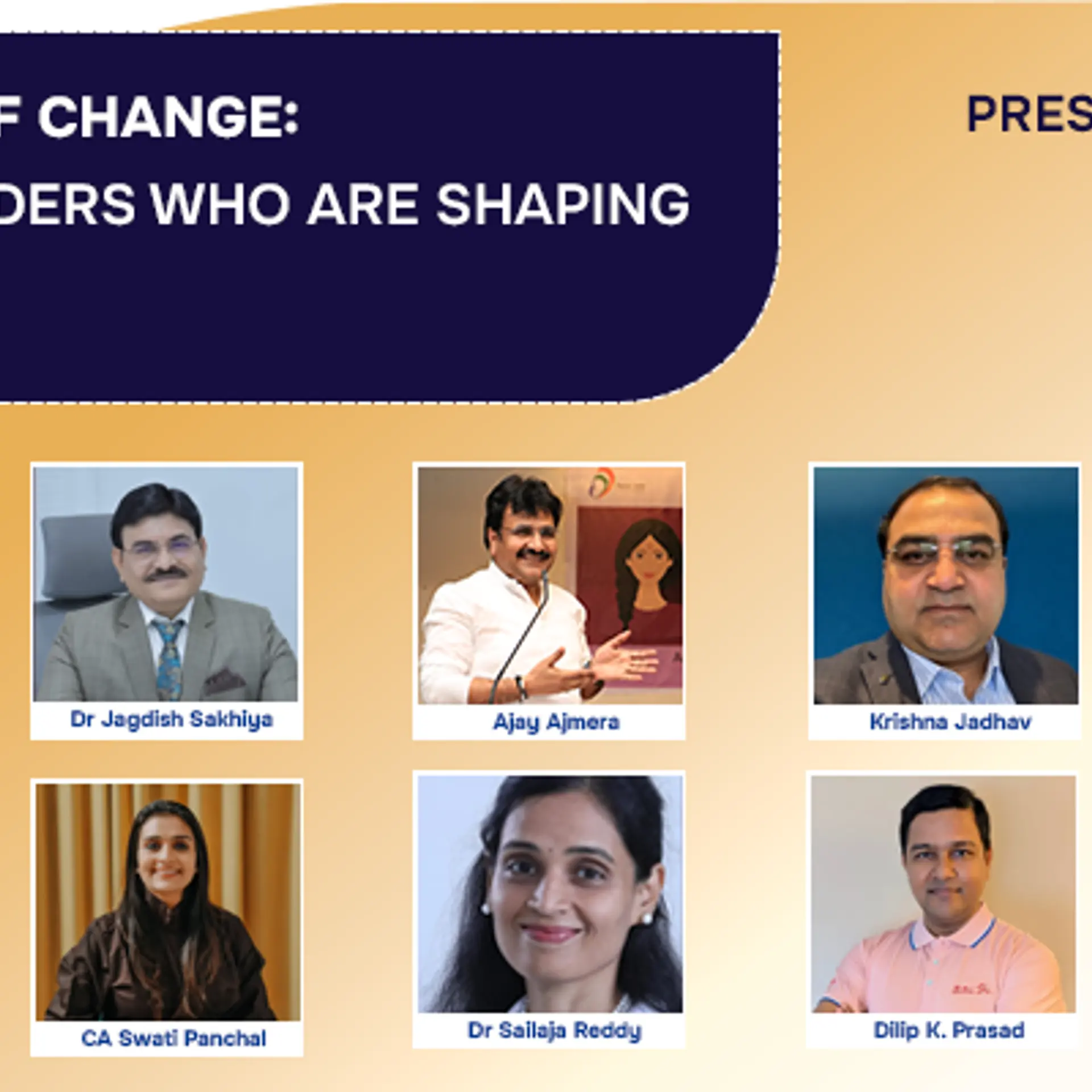Trans Bill 2019: Why India’s transgender community is opposing a Bill which is supposed to protect their rights
On November 25, the Rajya Sabha passed the Transgender Persons’ (Protection of Rights) Bill 2019, despite criticism and protest from the transgender community across the country. We dive into why it is being rejected by the community and the repercussions involved.
Every human being is entitled to basic rights like education, employment, healthcare, and most importantly, self-identification. However, the transgender community in India is been denied these rights with the passage of the Transgender Persons’ (Protection of Rights) Bill 2019 on November 25.
Since 2016, the transgender community in India has been fighting against previous versions of the Bill, citing various faults and gaps in it. Although, there have been multiple amendments, none have been close to satisfactory.

Protesters in Bengaluru on 26 November 2019.
Image credit: Rajashree Raju
“This Bill exists to erase us. By having complete control over us from the way we identify to what socioeconomic opportunities we should get and condoning violence against us, it places us in a vulnerable position," says Liliana il Graziosco Merlo Turan, a law student from Bengaluru.
The transgender community, along with its allies, have also taken to Twitter in an attempt to garner widespread attention. Initially, when the Bill was taken up for discussion at the Rajya Sabha on November 20, several tried to persuade the MPs into referring the Bill to a select committee.
However, now that it has been passed, they are directing their tweets towards the President instead, urging him to withhold his assent, and send the Bill back to the Rajya Sabha.
Here’s a comprehensive list of the problematic aspects of the Bill:
- The Bill, which is supposed to protect the rights of transgender people, was drafted and passed without approaching anyone from the community. No one from the community was asked about their needs and requirements. As a result, assumptions were made based on stereotypes.
- It requires a transgender person to approach a District Magistrate to obtain a certificate stating that they are transgender. It’s only after this that they will be able to change their gender to either Male or Female on government-issued identification cards.
The process to obtain this certificate is to show proof of sex reassignment surgery, which
A) is not something all transgender people want
B) is a very expensive procedure, which many aren't able to afford
C) does not have a clear definition regarding how the District Magistrate will actually examine the person or their documents
D) is a violation of privacy.
It also does not specify the kind of surgery they are expecting, because there is more than one type.
This contradicts the 2014 NALSA (National Legal Services Authority of India) judgement by the Supreme Court, which gave transgender people the right to self-identify, and did not mandate surgery.
“This Bill is a total violation against human rights. How can they force us to opt for surgery and then validate us as transgender? We should all have the freedom to express ourselves the way we want to. The fact that we have to prove our identities with surgery makes no sense to me,” says Megh, an HR Consultant from Bengaluru.
“By checking our gender and giving us certificates, they are being inhuman. This is not a Bill by us for us, it’s a Bill by them against us,” adds a student from Bengaluru, who prefers to stay anonymous.
- The Bill defines a transgender person as one whose gender does not match with the gender they were assigned at birth, including trans men and trans women, or one who is genderqueer, or belongs to communities like kinner, hijra, aravani, and jogta. It also says that a transgender person is someone with intersex variations.
However, the fact that the Bill conflates transgender people with intersex people proves that it was not thought through, and has been made with inadequate knowledge. Not every intersex person identifies as transgender, and not every transgender person is intersex.
- It also says that a person's identity as transgender is valid whether or not they have undergone sex reassignment surgery. However, this directly contradicts the point about having to receive a certificate from a District Magistrate, proving that they have undergone surgery.
“The Rajya Sabha aims on erasing our identities and our rights as individuals by passing the Murder of Rights bill, that's what I call it. The only protection here is about themselves. Putting intersex and trans identities in one box is not only barbaric but also erases both identities synchronously. It allows for more abuse and imposition of what a cisgender person believes on intersex/trans bodies,” says Ali, a student from Bengaluru.

A person shouts slogans at a protest in Bengaluru
Image credit: Prem Chulaki
- The Bill makes sexual abuse against a transgender person a punishable offence. However it fails to clearly define what constitutes sexual abuse. It the case of a cisgender woman, her rapist – once convicted – will be sentenced to a minimum of seven years of jail term, which can extend to a life sentence. However, when it comes to a transgender person, the minimum sentence is six months and can extend to a maximum of just two years.
This differentiation not only shows how the community is being treated unfairly but also indicates the government does not think the impact of sexual abuse on a transperson is as impactful as on a cisgender woman.
- The Bill, while mentioning government aid in education and healthcare, does not specify the manner they will aid the transgender community. Will fees and medical bills be subsidised? Will they be free? There is no clarity regarding this aspect.
“This Bill gives power to everyone but us, to determine our future and our lives- the District Magistrate, the Chief Medical Officer and the court. It essentially legalises humiliating us in the name of 'recognising us' and make sure we trans people are not equal in the eyes of law,” says Ray R, a trans woman pursuing LLB at the University of Delhi.
- The Bill does not provide any reservations to transgender people, who often come from disadvantaged backgrounds and find it hard to get mainstream jobs or quality education. By giving them reservations, the government would only guarantee access to the bare minimum of survival, and not taking away existing rights of anybody else.
- If the family of a transgender person is unable to take care of them, the person may be placed in a rehabilitation centre, with orders from the court. This denies the right of a person to join other transgender communities, such as the hijra community.

A trans woman burns a copy of the Transgender Persons' (Protection of Rights) Bill in Bengaluru
- The Bill does not have any provisions to apprehend those who discriminate against, bully, or harass transgender people at educational institutes, workplaces or anywhere else.
- The Bill also has no mention of things like marriage rights, adoption rights, property rights, social security, or pension. This deprives the transgender community of some of the most fundamental rights.
There are many more lacunae in the Transgender Persons’ (Protection of Rights) Bill 2019, which were not addressed by the Rajya Sabha in their haste. In the days leading up to its passage, many from the community also took to the streets and social media, asking the Rajya Sabha to slow down and reconsider by referring the Bill to a select committee, but it seems their cries have gone in vain.
“I think cisgender people should be as concerned about the Bill as the trans community is because it tells us to remain in the binary, to conform to certain stereotypes, and that if we go beyond this, we won’t get our rights and protection.
"The Bill also has no understanding of the difference between sex and gender. This is going to wreak havoc in the future across all identities; all sorts of dynamics are going to change because of this Bill and how strictly it defines genders,” says Tej, a media professional from Bengaluru.
Since the Bill was passed, the transgender community and their allies in cities like Bengaluru, Delhi, and Pune have erupted in protest, urging President Ram Nath Kovind not to give his assent, which if he does, will turn the Bill into an enforceable Act - something that spells despair for most of the trans community.
“My life will end if this Bill becomes law. I’ve been waiting to change my name and gender for so long now, what if the District Magistrate isn’t convinced that I am trans? The Bill says nothing at all about how quickly or slowly the DM will process our papers. This Bill has to go back. The government needs to get off my body,” says Dan, a primary school teacher from Thane.
(Edited by Saheli Sen Gupta)


1553940546260.png?fm=png&auto=format&h=100&w=100&crop=entropy&fit=crop)






